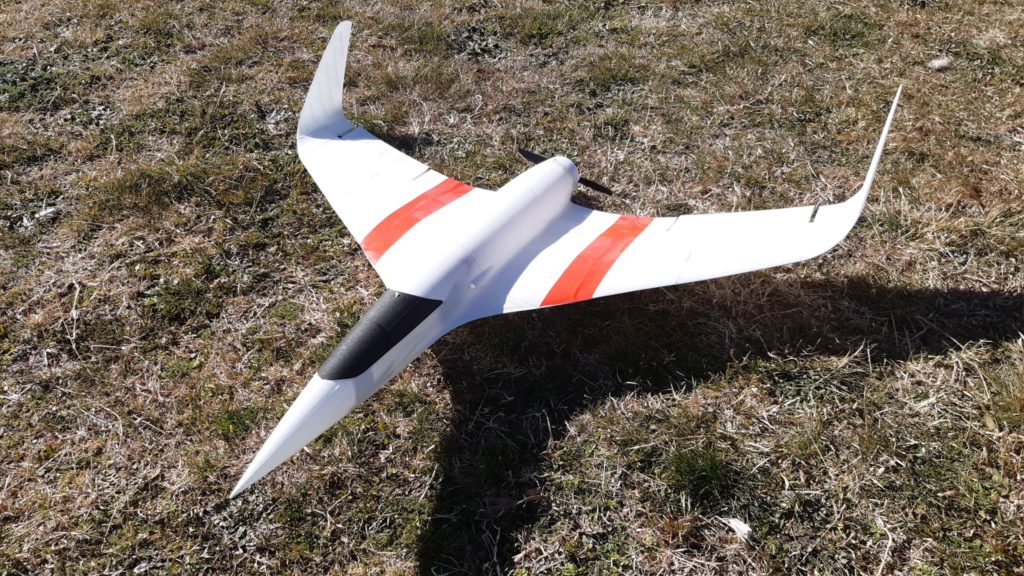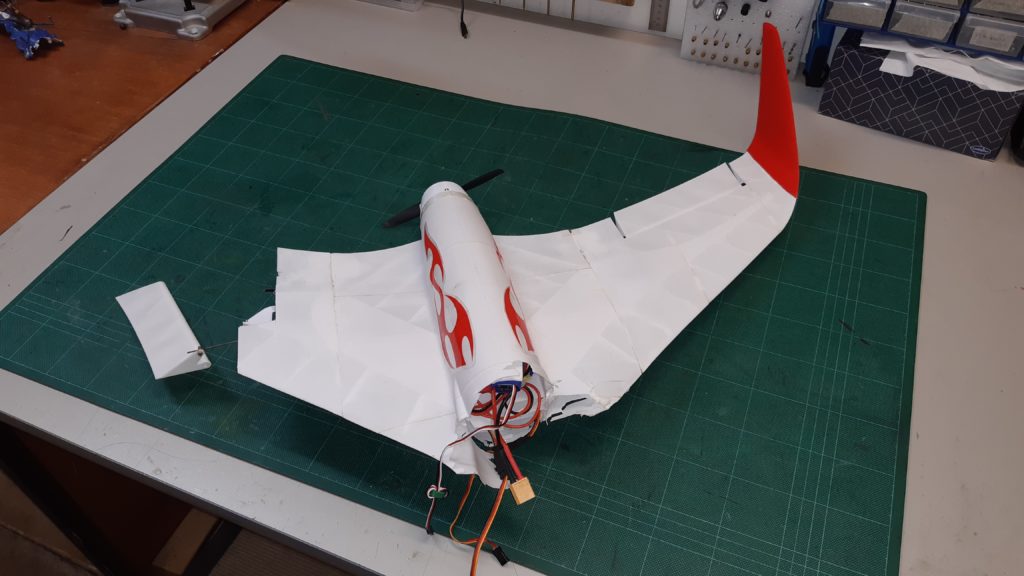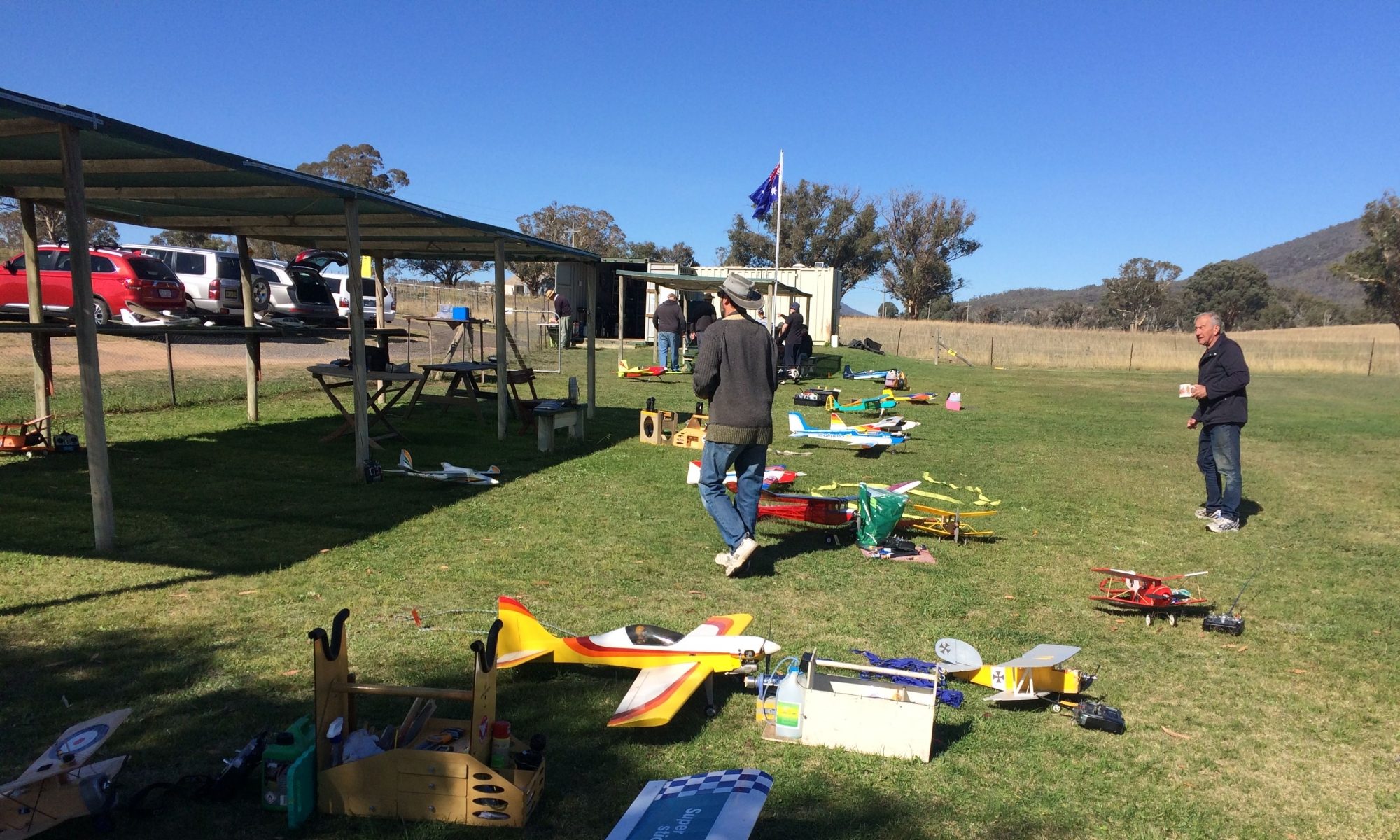Recently I had a close encounter with a spinning prop when hand launching a pusher plane, cutting one of my fingers 😢. Luckily, the cuts only needed superglue rather than stitches.
The dressings came off a few days ago, and I noticed something very interesting. My finger had three clean cuts, very evenly spaced at almost exactly 1cm between each cut. I’m not sure if this is useful, but the cuts all have the same shape – an arc pointing in the same direction with a radius similar to a 20c piece.
With a sense of morbid curiosity, I thought that by knowing the spacing of the cuts, I could work out how fast the plane was moving when it cut my finger.
The plane was powered by a fully charged 3S Lipo battery, with a 2300KV motor spinning a 2-bladed 6x4inch prop. I can’t remember exactly, but the launch would have been at approximately 75-85% of full throttle.
I’ve come up with a value (in m/s as well as km/h), but thought it might be fun to pose the question here, and see what values other people work out.
If you think you need any more information to calculate the speed of the plane, such as the colour T-shirt I was wearing at the time, or how long the ED wait was, please don’t hesitate to ask 😉.

Strictly speaking this is not the same one that bit my finger. This one is a previous print of the same model in PLA (not LW PLA) that didn’t survive a bungee launch. I’m not a superstitious person normally, but I’m beginning to think this model may be cursed! It surely can’t be user error…..?



Interesting problem. You would need to estimate the RPM of the prop and multiply that by .5 (2 bladed prop). If it was my plane I generally run it at 10 000 RPM so this value would be 5 000. to produce 3 cuts it would take 3/5 000th of a minute (.0006 of a minute). The distance between each cut is 20mm.
In .0006 of a minute 40mm is traveled
In 1 minute the distance traveled is 1/.0006 x40= 66 666.6 mm
in 60 minutes the distance traveled is
66.666.6 x 60 = 3 999 996mm or, in other words about
40km /hour.
A quick reality check suggests this speed is a little low even at the moment of launch release. Another input that is difficult to factor in is the velocity of your hand. The harder you throw the cut mark distances become less reliable.
Anyway. an amusing way to spend a few minutes.
What do you think of my logic?
Regards
Struan Robertson
Thanks Struan. Your estimate is very similar to mine, especially if you divide it by 2 as the distance between the cuts was 1cm (not 2).
Here’s my attempt at solving this very important maths question 😉.
Battery – theoretically 12.6V, but practically it was probably more like 12.4V
Motor – 2300KV
Throttle – assume 80%
Prop revs/min – 2300KV x 12.4V x 0.8 = 22816 revs/min
Prop revs/sec – 22816/60 = 380revs/s
Time for one full revolution of prop – 1rev/380rev/s = 0.00263s
Each cut on the finger would be from one blade of the two bladed prop, so the time between each cut would be – 0.00263/2 = 0.00132s
Distance between each cut – 0.01m (i.e. 1cm)
Speed of plane (m/s) = 0.01m/0.00132s = 7.61m/s
Converting m/s to km/h – 1second = 1/60sx60min = 2.78×10-4 hours
Speed in km/h = 0.00761km/2.78×10-4 hours = 27.4km/h
Immediately prior to launch, the plane’s speed is effectively zero, and will take some finite time to accelerate to full speed. As the plane had only just left my hand when the cuts happened, a speed of 27km/h seems reasonable to me.